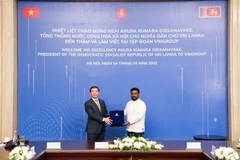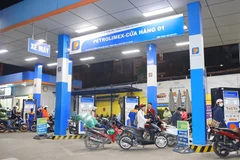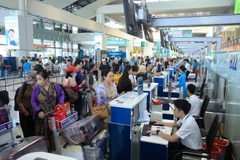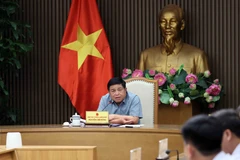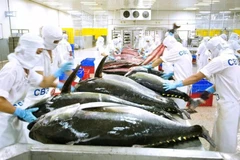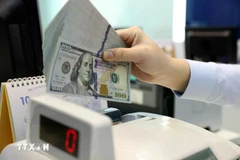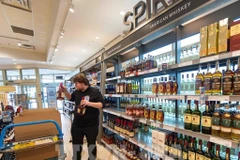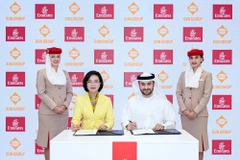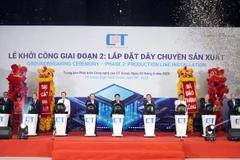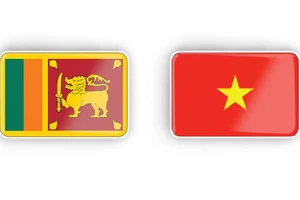The previous tax rate of 4 percent was imposed for nearly two months.
Under Circular 25/2012/TT/BTC, an import tax on diesel oil will also becut from the current 5 percent to 3 percent. However, the ministry willkeep the import tax rate on lubricants oil unchanged at 5 percent.
Besides the tax adjustment, petrol and oil retailers will be alsoallowed to use money from the Price Stabilisation Fund to offset part oftheir losses, the ministry said.
The ministry said itmade the move to stabilise the domestic petrol and oil market in acontext of rising oil prices in the global market over the past fewweeks. Imported oil prices in Singapore , the main source of Vietnam's imported petrol and oil, have risen sharply for the past 20 days.The oil prices reached 130 USD per barrel, up nearly 6 percent againstJanuary.
Domestic petrol retailers said that they were suffering a loss of more than 1,000 VND per litre.
The Ministry of Industry and Trade (MoIT) and the Ministry of Scienceand Technology had agreed on a proposal to the Prime Minister for a banon the processing and distribution of A83 second-rate petrol in thedomestic market, said director of the MoIT's Domestic Market DepartmentVo Van Quyen.
Quyen said if the proposal is approved, theministries will soon publicise detailed itineraries for the prohibitionand the new rules for producers.
The country currently hasonly three producers, Saigon Petro, PV Oil and Nam Viet Co, churningout the second-rate petrol, which negatively impact the environment. - VNA

